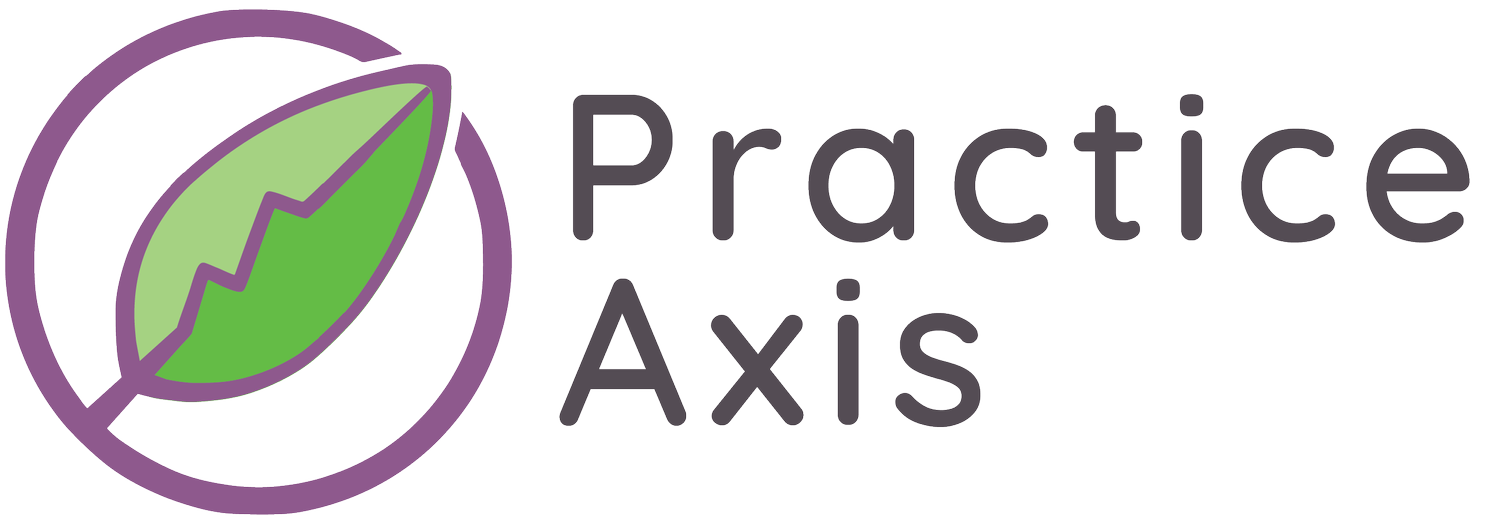From Sticky Notes to Success: The CRM Approach to Prospect Management
How are you currently keeping track of all incoming prospects that reach out to your practice?
Maybe it's with various spreadsheets scattered across your desktop, a notebook filled with scribbled notes, or a series of colorful sticky notes adorning your workspace. While these methods may have sufficed in the past, there's a better, more efficient way to stay organized and focused.
A CRM (customer relationship management) system can be your secret weapon in centralizing your prospect data and keeping your outreach efforts on track especially when prospects stop responding.
But, how does centralizing prospect data help my practice?
By having all your prospect information in one place, you can easily see where each prospect is in the care coordination process and ensure that you're following up with them at the right time.
This is especially important when dealing with unresponsive prospects. By tracking all your interactions with these prospects and segmenting them based on their needs, interests and demographics, you can tailor your outreach efforts to individual prospects and increase your chances of getting a response.
Ok, and how can a CRM help with that?
A CRM system allows you to collect and store all the information you gather about a prospect in one place. This information encompasses a wide range of details, including:
Contact Information: A CRM allows you to input and update the contact details of your prospects, ensuring that you always have their current information at your fingertips. It can also go a step further and store contact preferences.
Example: Parents who are divorced are seeking therapy for their child. Only one of the parents would like to be contacted for all the onboarding paperwork, but they both would like to be emailed when it comes time to schedule an appointment. A CRM can keep track of all three of their email addresses and phone numbers as well as their preferences.
Needs, Interests and Demographics: Beyond mere contact details, a CRM system enables you to track your prospect's needs, interests and demographics. This deeper understanding can help tailor your outreach to each segment of your audience and care coordination efforts to meet their specific requirements.
Example: You could create a segment for prospects who have expressed interest in a specific therapy modality or who have a specific insurance plan. Then, you could send them targeted emails or blog posts about those topics.
Interaction History: Perhaps one of the most valuable features of a CRM system is the ability to log every interaction you've had with your prospects. From emails and phone calls to in-person meetings, you can document every touchpoint, ensuring you never miss a beat in your prospect journey. This information can help you understand how each prospect is engaging with your practice and where they may need more support.
Example: If you see that a prospect has opened your emails but hasn't replied, you can send them a follow-up email or give them a call to see if they have any questions. Or, if you see that a prospect has missed a scheduled intake session, you can reach out to them to reschedule.
A CRM system is an essential tool for any practice that wants to improve their outreach efforts and keep track of their prospects. By centralizing your prospect data in a CRM system, you can easily see where each prospect is in the funnel and ensure that you're following up with them at the right time. This can help you increase your chances of converting unresponsive prospects into clients. See if your practice is ready for a CRM- take this quiz!


